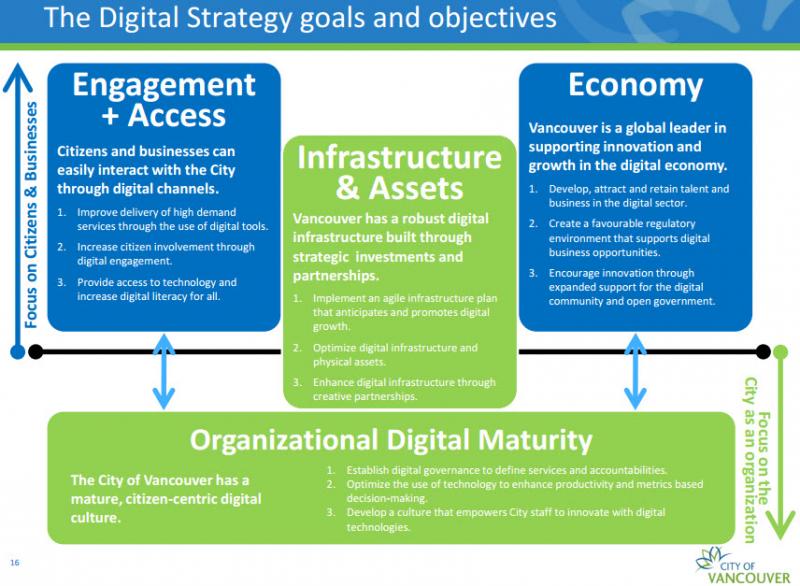Too Many Chiefs? Do Public Organizations Need Chief Data Officers?
I highly recommend reading Gene Leganza’s blog on the role of the Chief Data Officer, written several months ago.
Having had several related discussions this past week while in Washington DC, it is obvious that the question of how to use and manage the growing wealth of data, and incorporate it into an existing information governance organization and infrastructure (however mature or not), is top of mind in the public sector as well. These questions are particularly timely for the federal government with the publication of the new Executive Order on Open Data and accompanying Memorandum on Open Data Policy – Managing Information as an Asset. Do government agencies need a CDO in order to do this?
If they did, what functions does the new role take on? Does the new role take on new uses of data for business strategy? Who has responsibility for existing functions of information management and data governance? Then from the organizational perspective, where does this new role sit? Who reports to the CDO? Gene discusses these questions in his blog. With the increasing importance of data and the information they generate, organizations need to get their heads around the new assets they have – both for internal use and both partners external to the organization. But the proliferation of “chiefs” doesn’t seem to be the answer. Information is an asset to the company, yes. And it needs to be managed. But not all assets have their own chief, nor should they.
Yet, chiefs there are – particularly across cities. Chief Data Officers are cropping up in many cities. Chicago has had one for a while to shepherd the city’s open data program. San Francisco just announced a new Chief Data Officer position. They already have a Chief Innovation Officer and a Chief Information Officer – dual CIOs must be somewhat confusing. And, I recently had an interesting discussion with Mark McDonald, the CIO of City of Vancouver, who is currently ruminating on a similar issue. What is the best organizational structure to manage the development and execution of evolving digital strategies and new open data mandates? In Vancouver, the new multi-year Digital Strategy, approved on April 9th, includes new goals for access and engagement; (2) infrastructure and assets; (3) the economy; and (4) digital maturity across the organization.


But does the new strategy require a new Chief Digital Officer? I don’t think so. The CIO already takes care of digital infrastructure and assets; engagement and access are the responsibility of the city departments; the economy is the mandate of the Vancouver Economic Commission; and everyone must ensure the maturity of the organization. The leadership of the city is clearly responsible for oversight of all of the above.
Rather than creating a new role in the city administration, Vancouver would benefit best from a Digital Working Group – comprised of representatives from all relevant departments and stakeholder groups – to drive new processes and practices consistent with the digital strategy. As Mark put it “At the end of the day we have the business of running a city. You can hang any title you want on the org chart.” Mark’s right. What’s most important is to set goals, identify the strategy for achieving those goals and assign responsibility to the appropriate (existing) chiefs in the organization.
As I wrote in a recent report, city CIOs (or whatever the title they have) now sit at the executive table, taking a more strategic role in the organization. The role of the CIO is not just about keeping the proverbial “lights on.” It’s about achieving business outcomes – achieving those goals of engagement and access, of improving operational efficiency and policy making, and of enabling innovation and facilitating economic growth. It’s not only about the technology but about how the technology is used throughout the organization. If a CIO is truly empowered to guide the use of technology and not just its maintenance, the organization likely doesn’t need another Chief. If not, maybe the organization needs a new CIO who can take on that more strategic role.